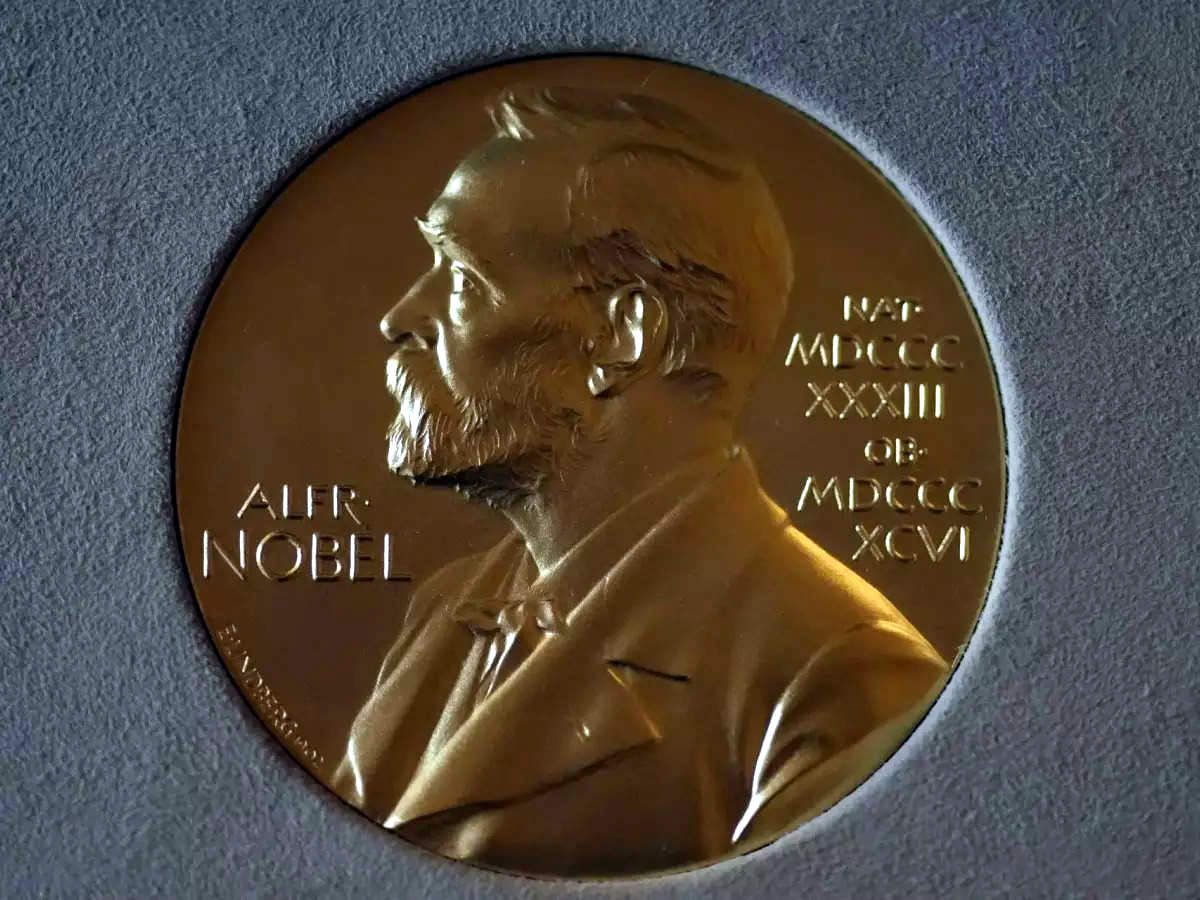 The 2024 Nobel Prizes in scientific fields reflect a stronghold of Western dominance, with laureates primarily from the United States and the United Kingdom.
The 2024 Nobel Prizes in scientific fields reflect a stronghold of Western dominance, with laureates primarily from the United States and the United Kingdom.
The affiliations of these laureates are similarly centered on US, UK, and Canadian institutions, many of which are highly ranked in academic standings like the Academic Rankings of World Universities (ARWU). This clustering underscores the monopolistic power of these countries in global research, driven by factors like competitive funding, academic freedom, and the prestige of working in English-speaking institutions. These Nobel recognitions highlight the sustained investment by Western nations in basic science research, which is often deprioritized elsewhere, and suggest that universities worldwide should consider such long-term investments as pivotal to advancing society.
The 2024 Nobels also revealed insights into current scientific trends and structural biases. AI technology was a prominent theme, with advancements in machine learning earning prizes in physics and chemistry. This AI focus stirred ethical debates around the implications of using existing research to train AI models and the role of private sector affiliations among winners, which some argue reflects a shift away from traditional academia due to decreased public funding.
Notably, gender imbalance and Western biases were evident, with male-dominated awardees and critiques of Eurocentrism, especially in the economic prize, highlighting ongoing issues of diversity and inclusion in Nobel selections.
While Asian countries like China, Japan and South Korea have made remarkable advancements in scientific research, reflected in their top positions in indices like the Nature Index, Nobel-level recognition has yet to follow. Analysts speculate that structural and political challenges within Chinese universities may hinder the type of innovative basic research that typically leads to Nobel accolades. As Asia rises in scientific prowess, the “Nobel prize delay” may mean we will see future Asian laureates despite current underrepresentation. The awards prompt a reflection on how global academic institutions prioritize funding of basic research and what this signifies about our collective commitment to scientific progress.
More information:
https://www.universityworldnews.com/post.php?story=20241028135546429&utm_source=newsletter&utm_medium=email&utm_campaign=GLNL0807
